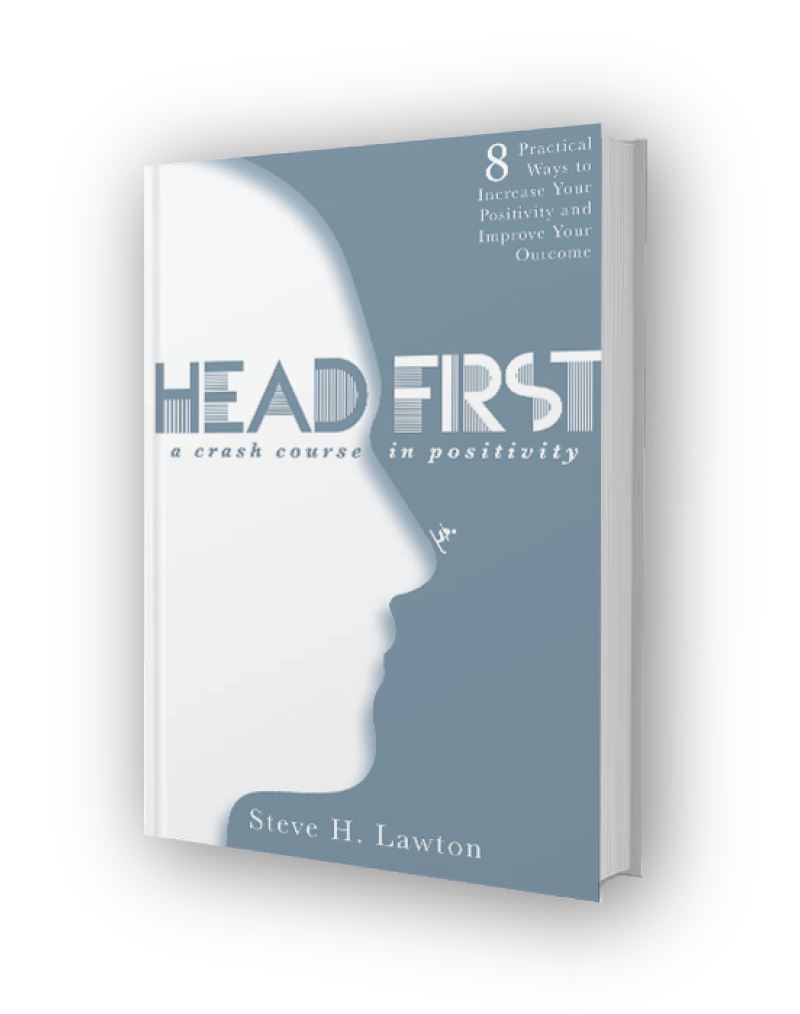If even a fiv e-minute walk improves your mood, why is it so hard to exercise? It’s not you, blame evolution. Your ancestors that survived and passed on their genes were the ones that used the least amount of energy to accomplish a task. Because they saved their energy, they were more likely to survive when food was scarce and pass on their genes. That’s why we are biologically programmed to take the easiest path to accomplish something. The part of our brain that is programmed to be lazy will always object to exercise. We need the help of another part of our brain to counter that argument and succeed at getting off the couch — that’s the cognitive portion of your brain.
e-minute walk improves your mood, why is it so hard to exercise? It’s not you, blame evolution. Your ancestors that survived and passed on their genes were the ones that used the least amount of energy to accomplish a task. Because they saved their energy, they were more likely to survive when food was scarce and pass on their genes. That’s why we are biologically programmed to take the easiest path to accomplish something. The part of our brain that is programmed to be lazy will always object to exercise. We need the help of another part of our brain to counter that argument and succeed at getting off the couch — that’s the cognitive portion of your brain.
Being a mechanical engineer, I like to think about this using a physics analogy.
- Newton’s first law of motion: “An object at rest tends to stay at rest. An object in motion tends to stay in motion.”
- Newton’s second law: “For an object to get moving or change its path, an external force is required.”
- Sliding Friction is lower than Static Friction: Once an object at rest overcomes static friction and starts moving, the friction force drops. It requires less force to keep moving than it did to start moving.
These basic laws of physics also apply to changing your exercise routine and your attitude. Evolution pre-disposes you to stay at rest. To get moving you need an external force. And the first step requires the largest force.
The latest science may motivate you take that first step, because you don’t need to commit to a giant exercise program to see benefits. Have five minutes? Really, a five-minute walk is all it takes. A recent study showed that even five minute walks will improve your mood and reduce feelings of fatigue. In fact, the study showed that 5 minute walks spread throughout the day were more effective than one exercise in the morning!
This adds to tons of science that shows how good exercise is for your brain and your mood. Here a few science based conclusions about exercise and attitude:
- One study showed that people who exercise at least once a week were more protected against the negative emotional consequences of stress. Exercises improves your ability to maintain a positive mood when something goes wrong.
- If you are in a bad mood or are suffering from depression, scientists have shown that exercise is just as effective at combating depression as drugs.
- A recent study explains one of the biological mechanisms at work; that exercise generates a protein that improves the brain’s resilience to stressors and can prevent depression.
- Exercise, especially aerobic exercise, generates new brain cells and makes you smarter. Although all exercise is effective, sustained aerobic exercise was shown to be more effective than interval training or resistance training.
- Another study compared numerous methods people use to improve their mood. Exercise was proven to be the most effective way to change a bad mood to a good one. It was even more effective when combined with relaxation or stress management techniques.
- Last, but not least, exercise has been proven to make you happier. People who are inactive are more than twice as likely to be unhappy as those who are active.
It’s simple. If you want to have a better attitude, exercise. Even a five minute walk helps. Why not take one right now and improve your #AttitudeFitness.
For more ways to improve your attitude, take the positivity quiz and receive three easy positivity principles that you can implement today.





